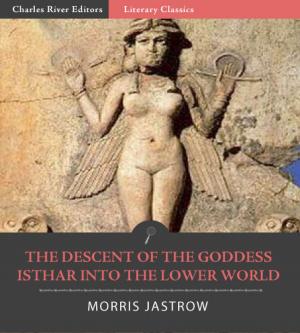| Author: | Hippolytus | ISBN: | 9781475305975 |
| Publisher: | Charles River Editors | Publication: | April 13, 2012 |
| Imprint: | Language: | English |
| Author: | Hippolytus |
| ISBN: | 9781475305975 |
| Publisher: | Charles River Editors |
| Publication: | April 13, 2012 |
| Imprint: | |
| Language: | English |
Hippolytus of Rome (170 235) was the most important 3rd-century theologian in the Christian Church in Rome, where he was probably born. Photios I of Constantinople describes him in his Bibliotheca (cod. 121) as a disciple of Irenaeus, who was said to be a disciple of Polycarp, and from the context of this passage it is supposed that he suggested that Hippolytus himself so styled himself. However, this assertion is doubtful.He came into conflict with the popes of his time and seems to have headed a schismatic group as a rival bishop of Rome- for that reason he is sometimes considered the first Antipope. He opposed the Roman bishops who softened the penitential system to accommodate the large number of new pagan converts.However, he was very probably reconciled to the Church when he died as a martyr. Of the dogmatic works, On Christ and the Antichrist survives in a complete state. Among other things it includes a vivid account of the events preceding the end of the world, and it was probably written at the time of the persecution under Septimius Severus, about 202.
Hippolytus of Rome (170 235) was the most important 3rd-century theologian in the Christian Church in Rome, where he was probably born. Photios I of Constantinople describes him in his Bibliotheca (cod. 121) as a disciple of Irenaeus, who was said to be a disciple of Polycarp, and from the context of this passage it is supposed that he suggested that Hippolytus himself so styled himself. However, this assertion is doubtful.He came into conflict with the popes of his time and seems to have headed a schismatic group as a rival bishop of Rome- for that reason he is sometimes considered the first Antipope. He opposed the Roman bishops who softened the penitential system to accommodate the large number of new pagan converts.However, he was very probably reconciled to the Church when he died as a martyr. Of the dogmatic works, On Christ and the Antichrist survives in a complete state. Among other things it includes a vivid account of the events preceding the end of the world, and it was probably written at the time of the persecution under Septimius Severus, about 202.















